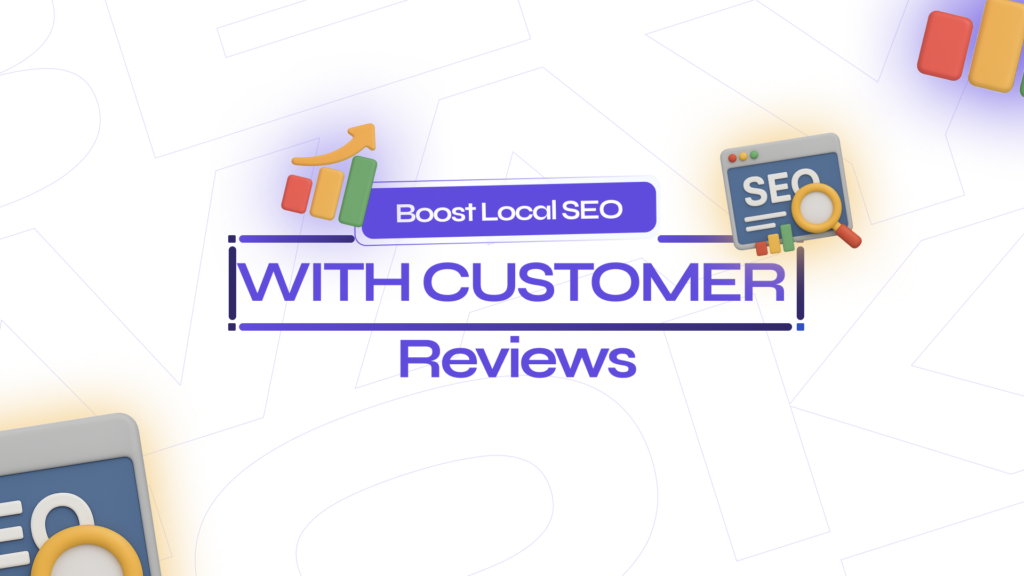Whether you’re running a blog, a business website, or an eCommerce store, keyword research is the foundation of any smart SEO strategy. It helps you find out what your audience is searching for, what your competitors are ranking for, and where your content can stand out.
But what if you don’t have a budget for expensive tools like Ahrefs or Semrush? The good news: there are free keyword research tools that still deliver great value—if you know how to use them right.
At Agencify Digital, we’ve tested dozens of tools over the years. Below is our handpicked list of the best free keyword research tools in 2025, including what each does well and how you can get the most out of them.
1. Google Keyword Planner
Best For: Ad-based keyword research & search volume insights
URL: ads.google.com
Google Keyword Planner is one of the oldest and most trusted free tools. It’s built for Google Ads, but many SEO professionals use it to get a general idea of search volumes and keyword ideas.
What You Get:
Search volume ranges (e.g. 1K–10K)
Keyword suggestions
Cost-per-click estimates (useful for gauging commercial intent)
💡 Pro Tip: Pair it with Google Trends to filter for seasonal keywords and rising search interest.
2. Google Search Console
Best For: Finding keywords you already rank for
URL: search.google.com/search-console
If your website is connected to Google Search Console, this tool is a goldmine. It shows you real keywords your site ranks for, how many impressions you get, and your average click-through rates.
Why It’s Valuable:
Helps you identify “low-hanging fruit” (keywords ranking in positions 5–20)
Reveals queries bringing traffic without you even targeting them
100% real data from your actual site performance
3. Ubersuggest (Free Version)
Best For: Beginner-friendly keyword ideas & site audits
URL: neilpatel.com/ubersuggest
Ubersuggest offers limited free daily searches but provides a good mix of keyword ideas, SEO difficulty, and even competitor analysis.
What You Get for Free:
Keyword suggestions & trends
SEO difficulty scores
Top-ranking pages for any keyword
🎯 Use Ubersuggest to quickly generate content ideas and see what’s already ranking.
4. Answer the Public
Best For: Question-based keyword research
URL: answerthepublic.com
Want to know what people are actually asking about your topic? Answer the Public scrapes autocomplete data from Google and visualizes it beautifully.
Ideal For:
Blog topics
FAQ content
Long-tail keywords
👀 You get a limited number of free searches per day—use them wisely!
5. Keyword Surfer (Chrome Extension)
Best For: Real-time keyword data inside Google Search
URL: keywordsurfer.com
This free Chrome extension shows you search volume, related terms, and estimated traffic right in your Google search results.
Why It Rocks:
Instant volume estimates as you browse
Related keyword suggestions on the side
Competitor word count + backlinks for top-ranking pages
Perfect for doing quick keyword research without leaving your browser tab.
6. Google Trends
Best For: Tracking keyword popularity over time
URL: trends.google.com
This is not a traditional keyword tool, but it’s powerful. Google Trends shows you how a search term performs over time and how it compares with other terms.
Great For:
Identifying seasonal keywords
Comparing topic interest (e.g., “freelance SEO” vs. “local SEO”)
Spotting rising trends before they explode
🔥 Combine this with other tools to validate if a keyword has long-term potential.
7. AlsoAsked
Best For: Exploring related questions & content clusters
URL: alsoasked.com
This tool scrapes Google’s “People Also Ask” results and helps you understand how questions branch off a main query. It’s great for structuring content that answers multiple related questions in one post.
What Makes It Stand Out:
Visual maps of related queries
Perfect for building pillar + cluster content strategies
Helps you find conversational keywords people actually type
8. Soovle
Best For: Multi-platform keyword suggestions
URL: soovle.com
If you want ideas from more than just Google—like Amazon, YouTube, Bing, and even Wikipedia—Soovle gives you autocomplete data from all of them in one screen.
Ideal For:
eCommerce SEO (Amazon)
Video content planning (YouTube)
Broader keyword discovery across platforms
🧠 Great for finding keywords competitors may be missing.
How to Use These Free Tools Together
Free tools work best when you combine them strategically:
Use Google Keyword Planner or Ubersuggest to find base keywords
Then plug those into Answer the Public or AlsoAsked to discover related questions
Use Google Search Console to find what you already rank for—and improve it
Check Google Trends to make sure your target terms are not dying
Use Keyword Surfer or Soovle for fast insights while browsing
Final Thoughts
You don’t need a big budget to do smart keyword research. These free tools are more than enough to build content that ranks, attracts traffic, and converts visitors.
At Agencify Digital, we help businesses turn the right keywords into real growth—with or without paid tools. If you need help with SEO, content strategy, or keyword planning, get in touch with us here and let’s grow together.





